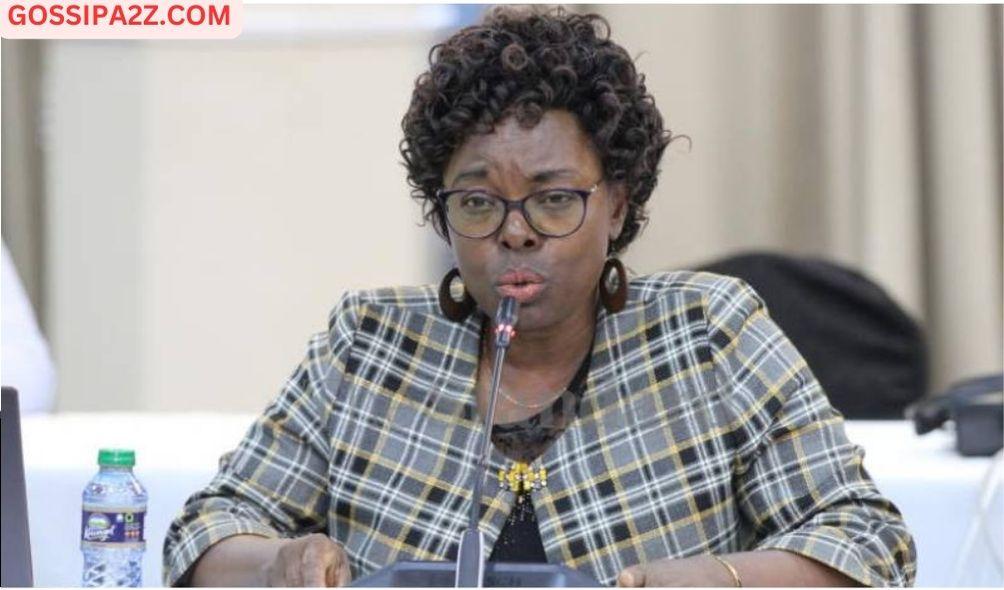Public debt repayment crosses the Sh1trn mark
Kenya’s public debt service crossed the Sill trillion mark for the first time in history in the year to June, with government spending hitting a Sh3.16 billion daily average on debt repayments through the 2022/23 financial year.
National Treasury spending on debt repayments rose Sh306 billion during the year (36 percent), to hit Sh1.15 trillion, the latest data by the Controller of Budget (CoB) shows. The public debt stock also crossed Sh10 trillion by the end of June, leaping to Sh1.6 trillion from Sh8.6 trillion last June.
The spike in public debt stock and repayment is attributed to the weakening shilling, which has added more weight to the external debts, while at the domestic level, the Treasury has been kept in a “borrowing from Paul to pay Peter” situation, with investors rejecting long term treasury bonds for shorter term treasury bills.
Domestic debt payments grew 40.6 percent (Sh219.7 billion) to Sh761.5 billion, while foreign debt payments rose Sh86.3 billion (28.3 percent) to Sh391.6 billion.
CoB Margaret Nyakang’o noted that, while the external public debt was a huge burden as the shilling depreciated by 18.9 percent, the domestic debt burden was largely affected by borrowing on a short-term basis.
The exchange rate between the Kenyan Shilling and the US Dollar moved from about Sh117.87 in July 2022, to an average of Sh141.14 in June 2023, a difference of 23.27 shillings.
Dr. Nyakang’o said the depreciation of the shilling will necessitate an increase in the amount required for loan repayments, signaling tougher times, even as the government is expected to repay a $2 billion Eurobond.
ALSO READ: Kenya’s Debt Surges to Record Sh1.56 Trillion
She further noted that public debt repayments will limit the implementation of projects by the government and could result in budget adjustments. She called for an audit to establish whether the money Kenyans are paying was used on development projects.
“The CoB recommends a special audit of existing and committed loans to link the loans with the projects funded through borrowed funds,” the report stated.
This follows a statement by Auditor-General Nancy Gathungu early this month, indicating that her office has been conducting several audits on the public debt, including one that aims to lock money borrowed to the actual projects it was borrowed for.
Dr Nyakang’o also observed that the Treasury faced huge challenges in the domestic market as investors shunned longer-term treasury bonds, to avoid duration risks such as inflation. With huge shorter-term debt commitments, this left the government depending on revenues to settle the shorter-term debts.
“Shorter-term maturity loans are more expensive and pressure revenue as a more significant proportion of the collected income is committed to debt servicing,” the COB stated.
The shorter-term debt pressures may have negatively affected government operations during the year, including funds disbursed for development and recurrent purposes.
Dr Nyakango recommends that the government should enhance fiscal consolidation and discipline, expand the revenue base by curbing tax evasion, and improve tax compliance.
ALSO READ: It’s better to die of debt than poverty – Ruto
“The public debt payment is a first charge on the Consolidated Fund; and, thus, inadequate collections from treasury bonds imply increased debt payments on treasury bill redemptions at the expense of the recurrent and development expenditures,” the report states.
Ms. Nyakang’o last month revealed that the government was spending up to 70 percent of the taxes it is collecting to service public debts, a situation that has been causing delays in the disbursement of funds to counties and national government agencies.
But, despite the huge public debt service burden and stock, the government through Treasury’s Draft Budget Review and Outlook Paper (Brop) has proposed to increase borrowing by Sh103 billion, to borrow Sh864 billion in 2023/24.
Public debt repayment crosses the Sh1trn mark
